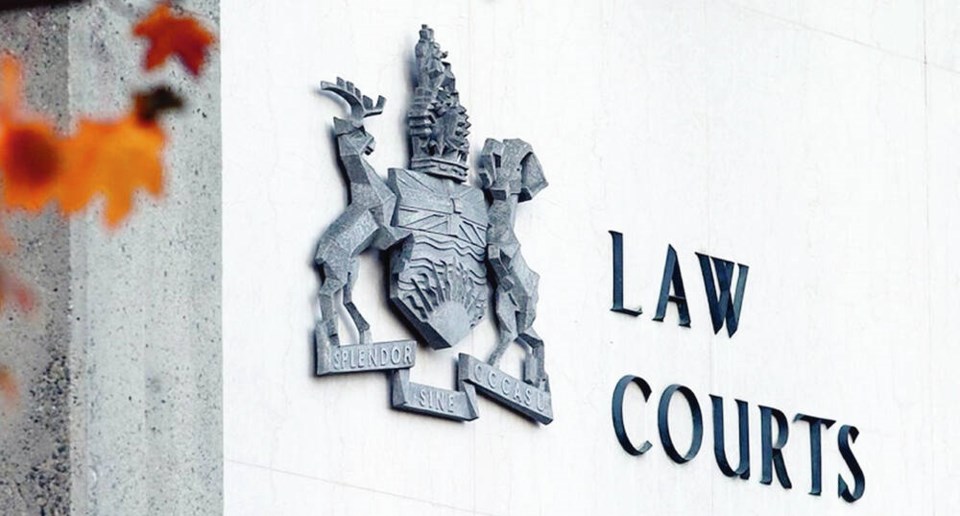In the midst of continuing political furor over catch and release policies that lead to violent offenders routinely making bail and re-offending, the B.C. Prosecution Service released some preliminary data Monday on the situation.
It’s not clear why they bothered. The data on the percentage of offenders who make bail was compiled manually from seven random weeks over the past several months and the prosecution service stressed that “no clear conclusions can be drawn.”
Readers can draw plenty of inferences, though. And the main one is that provincial authorities are keen to pin as much blame as possible on the federal government for the increased sense of danger on city streets stemming from violent offenders shuttling through the justice system while remaining out on bail.
It’s a valid argument, because amendments to the federal Criminal Code regarding bail are widely acknowledged now to have had “unintended consequences.”
The 2019 changes were an attempt to address the problem of the inordinate number of Indigenous people held in custody.
But whether the Prosecution Service is completely without discretion in the grip of federal law when it comes to detaining violent repeat offenders is debatable. As noted, conclusions can’t be drawn from such a skimpy review of cases handled since the NDP government issued a directive intended to tighten bail for violent repeat offenders.
The directive was unusual, since the service is considered independent from government and attorneys general rarely intervene in policies. But since it was imposed last November, it’s difficult to see that it made much difference.
In the selected weeks for which numbers were collected, Crown counsel sought pre-trial detention in about a quarter of all bail hearings. Judges ordered the detention in less than half of those.
But the prime focus for the past year or more has been violent repeat offenders. In those cases, the Crown sought pre-trial detention about half the time, and judges ordered it about a quarter of the time. The Prosecution Service said the small sample size and the limited time period mean there’s no evidence the directive had any impact.
“It would be unreasonable to assume that a policy change alone could produce any particular outcome at a bail hearing. Judges must apply the governing federal law under the Criminal Code and are not bound by the BCPS bail policy.”
BC United justice critic Elenore Sturko said: “It is really alarming for us to see that the Crown itself is only asking for those [repeat violent offenders] to be to be put in custody half the time.”
In cases where someone is accused of violent crime and has a history of breaching previous bail conditions, the Crown should oppose bail 100 per cent of the time, she said.
Sturko said Monday’s update does show that the NDP government and the Prosecution Service are feeling pressure about the need for a stronger stance against violent street crime. The backdrop to the release was a meeting of Canada’s premiers last Friday where police chiefs from across the country urged tougher bail conditions. A draft of B.C.’s preliminary data was used there to urge a quick federal response.
Attorney General Niki Sharma said B.C. has the strictest bail policy in Canada. She said it was “unfortunate” that the data show violent offenders are detained less than half the time prosecutors ask for that measure. “So clearly, it’s bail reform in the Criminal Code that is needed.”
Elsewhere on the crime front that has dominated much of the legislative agenda, the opposition BC United introduced a private bill Monday that would study ways to help small business owners who must spend thousands of dollars to cope with street crime and vandalism.
It calls for a review of the how the province could help with storefront repairs and security upgrades. After the bill was introduced, the opposition devoted most of question period to the problem emerging from the partial trial decriminalization of hard drugs that started in February.
It’s led to situations where drinking wine or beer or smoking cigarettes is banned in some local parks, but using crystal meth, cocaine or fentanyl is allowed, or at least, not explicitly outlawed.
Various municipalities want to ban such use in public spaces, but some health authorities are asking them to hold off for six months in order to study usage.
>>> To comment on this article, write a letter to the editor: [email protected]



